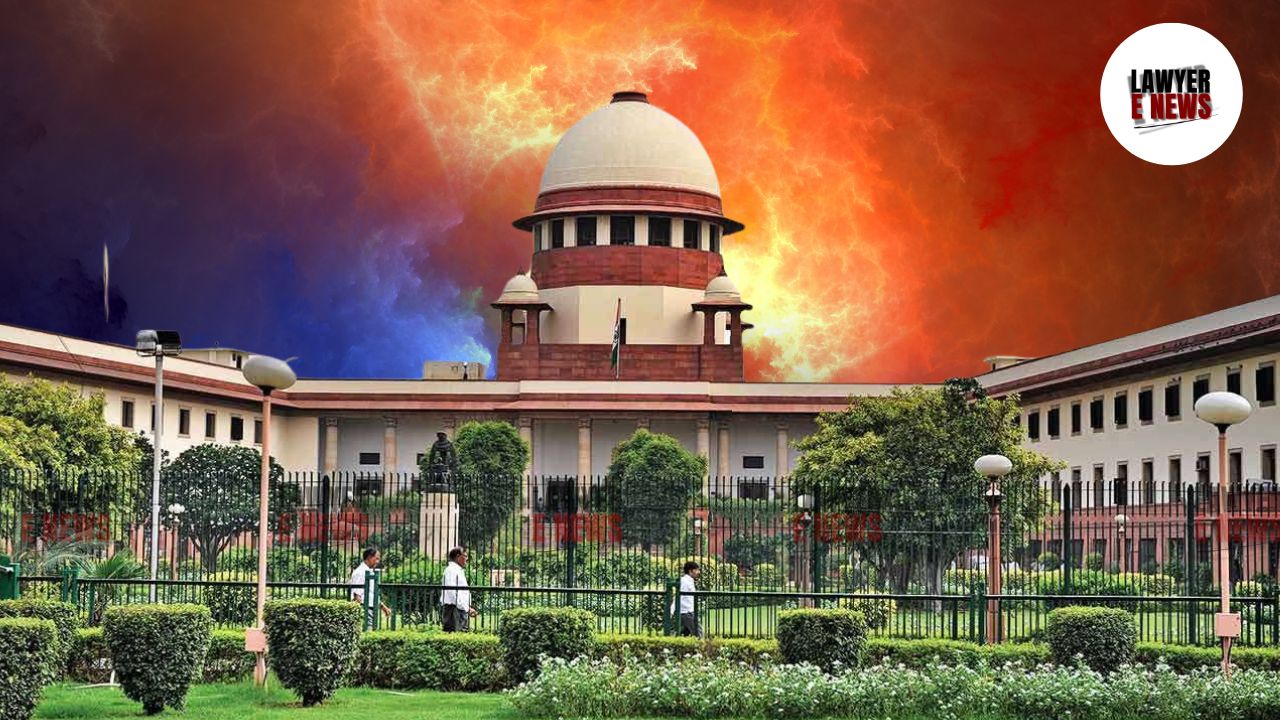-
by Admin
15 February 2026 2:36 AM



In a significant ruling, the Supreme Court of India has upheld the seniority list of Junior Engineers as circulated on March 26, 2018, favoring direct recruits over Sectional Officers whose posts were upgraded. The Court overturned a Division Bench judgment of the High Court, which had previously granted seniority to upgraded Sectional Officers from a date prior to their upgradation.
The dispute centers on the inter se seniority between Junior Engineers recruited directly through the Nagaland Public Service Commission (NPSC) and Sectional Officers, Grade-I, whose posts were later upgraded to Junior Engineers. The final seniority list issued in 2018 placed the direct recruits above the upgraded officers, leading to the latter challenging the list. While a Single Judge upheld the list, the High Court’s Division Bench reversed this decision, prompting the appeal to the Supreme Court.
The Supreme Court observed that the fundamental issue was the date on which individuals became part of the Junior Engineers’ cadre. The direct recruits were appointed in 2003, while the Sectional Officers only entered the cadre upon the upgradation of their posts in 2007. The Court emphasized that the upgraded officers could not claim seniority from a date when they were not even part of the Junior Engineer cadre.
The Court noted that the Division Bench of the High Court had misinterpreted the Nagaland Engineering Service Rules, 1997, by focusing on the history of the Sectional Officers’ roles rather than the critical date of their entry into the Junior Engineer cadre. The Supreme Court clarified that the 1997 Rules allowed for 90% of Junior Engineer posts to be filled by direct recruitment and only 10% by promotion, a provision that was overlooked by the High Court.
The Court highlighted the significant difference in pay scales and ranks between the original posts of Sectional Officer, Grade-I, and Junior Engineer. The upgraded officers had been working in a non-gazetted post with a lower pay scale prior to 2007, and thus their claim for seniority over the direct recruits was untenable.
The judgment reiterated the principle that seniority should be based on the date of entry into the relevant cadre. The Court found that the High Court erred in awarding seniority to the upgraded officers from a date prior to their official upgradation. It held that such a decision was legally impermissible as it would disrupt the settled seniority and create unfair advantages.
The bench, comprising Justices J.K. Maheshwari and Rajesh Bindal, observed, “The blatant error committed by the Division Bench of the High Court is that upgraded Sectional Officer, Grade-I, are directed to be given seniority in the cadre of Junior Engineers from a date on which they were not even born in the cadre.”
The Supreme Court’s decision to uphold the 2018 seniority list reinforces the importance of adhering to the established rules and dates of cadre entry when determining seniority. This judgment is expected to have a lasting impact on how seniority disputes, especially those involving upgraded posts, are resolved in the future.
Date of Decision: August 28, 2024
Mhabemo Ovung & Ors. Vs. M. Moanungba & Ors.
